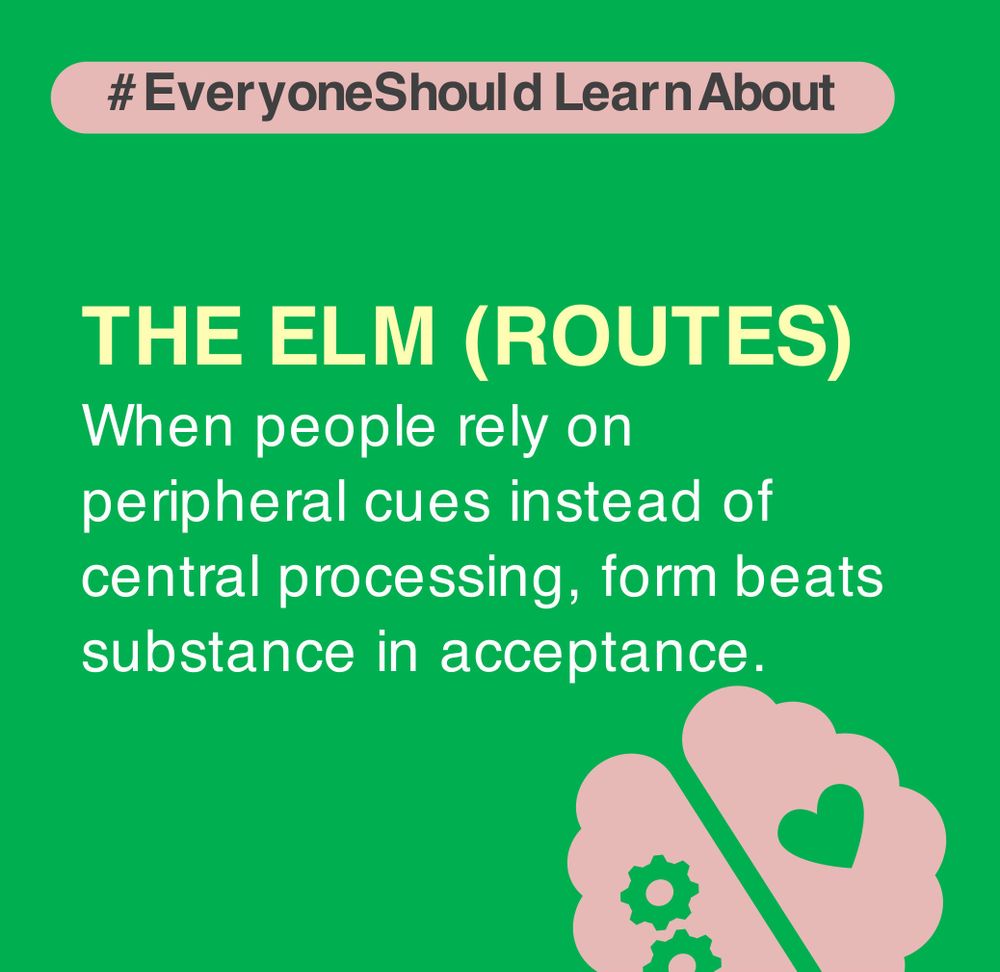
Jenny G. Rankin, PhD
@jennygrankin.bsky.social
140 followers
130 following
91 posts
Author of 14 books, 2 doctorates, #KeynoteSpeaker, taught Columbia & Cambridge Universities, lectured Oxford University & TED, Mensan, #data #education #researchcom, nerd
Posts
Media
Videos
Starter Packs
Pinned


























